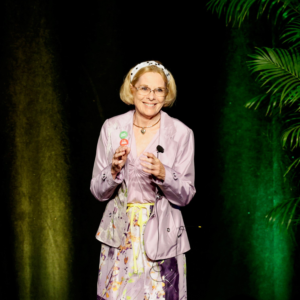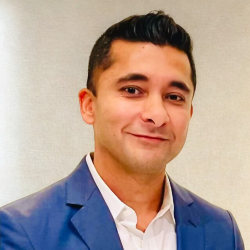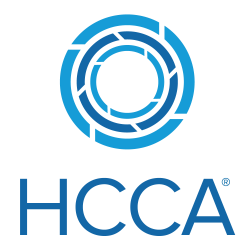Amidst the piles of important regulations, paperwork, and data encircling clinical trials, it can be easy to lose sight of a simple fact: At their heart, trials are about alleviating human suffering and prolonging life. The work and its practitioners represent a higher calling worthy of sincere praise and appreciation.
Clinical researchers seeking a reminder of their work’s importance need go no further than spending a little time with Catherine Shuster, BS, MS, BChE and the public member of the Association of Clinical Research Professionals (ACRP) Board of Trustees. Shuster’s husband was literally saved by the research done by practitioners. He endured two bypass surgeries, seventeen stents, stem cell therapy, and finally, a heart transplant. These and options were created by clinical research, Shuster notes.
“I can’t tell you the number of times we were told there’s nothing we can do” to prolong her husband’s life, Shuster said. Then, the results of clinical research entered the picture and literally saved the day.
“I want to thank each and every one of you for the work you do,” she told attendees at ACRPs 2022 Conference this afternoon (April 24). “You make a huge impact on people’s lives, and my husband’s story is just one among thousands.”
Shuster and several other speakers shared their passion for spreading the word about the value of clinical research, starting with the importance of widening the participation tent.
“We need to address the barriers between patients and hope,” said Amanda Wright, co-founder and chief development officer, Javara Research. “Everyone in this room has impact,” she told attendees. “We need to continue to evaluate and revaluate” the patient experience in clinical trials to make it as easy and inclusive as possible, she said.
More effectively reaching out to new patients begins with seemingly simple issues like making clinical trial materials easy to understand for a wider audience, said cancer survivor Sue Friedman, DVM, executive director of Facing Our Risk of Cancer Empowered (FORCE).
Her diagnosis came a few decades ago, when genetic testing was in its infancy, she noted. “I kept hearing doctors say they needed more information, they needed more research,” Friedman said. “I developed a deep appreciate of research and I [learned] how it helps with the guidelines to better medical decision-making.”
“I knew what I wanted to do [professionally] needed to have a purpose,” said Grace Wentzel, CCRP, CHRC, Director, Clinical Research Services, Nationwide Children’s Hospital. She championed clinical research as a tangible way to “increase quality of life and maybe offer other options and hope when they didn’t have any.”
Author: Michael Causey



